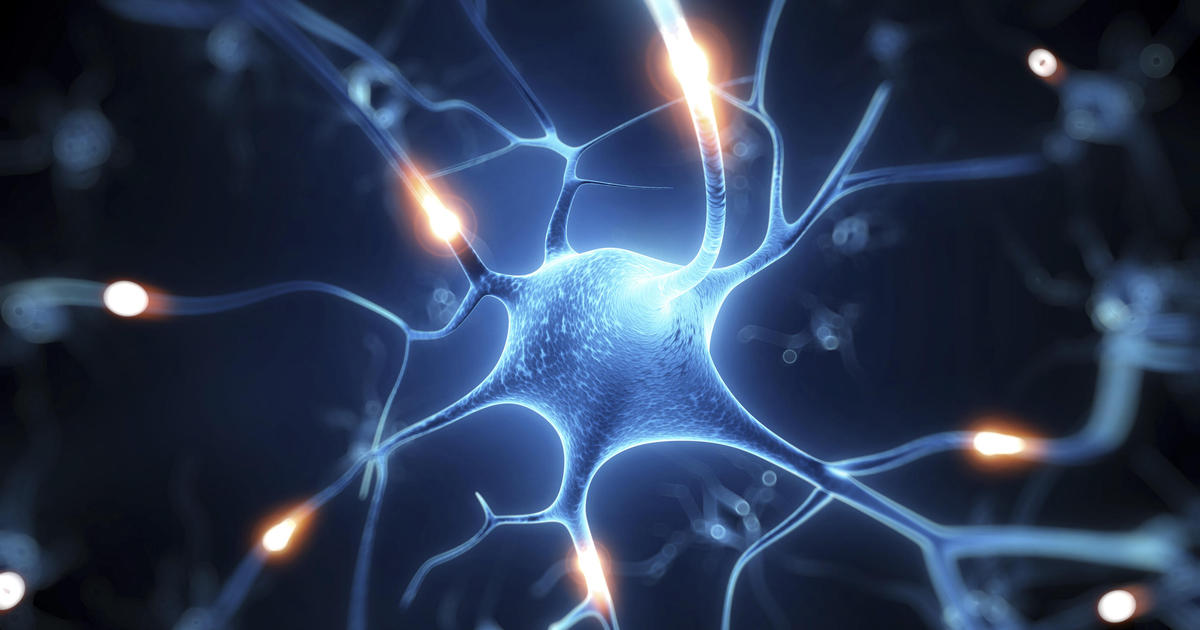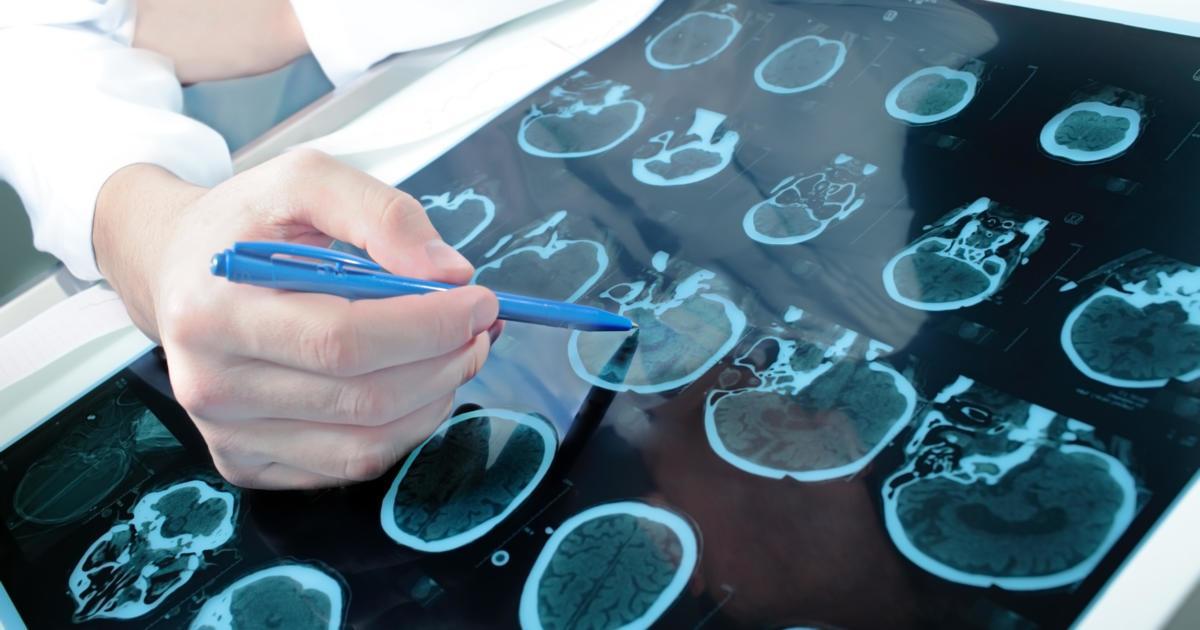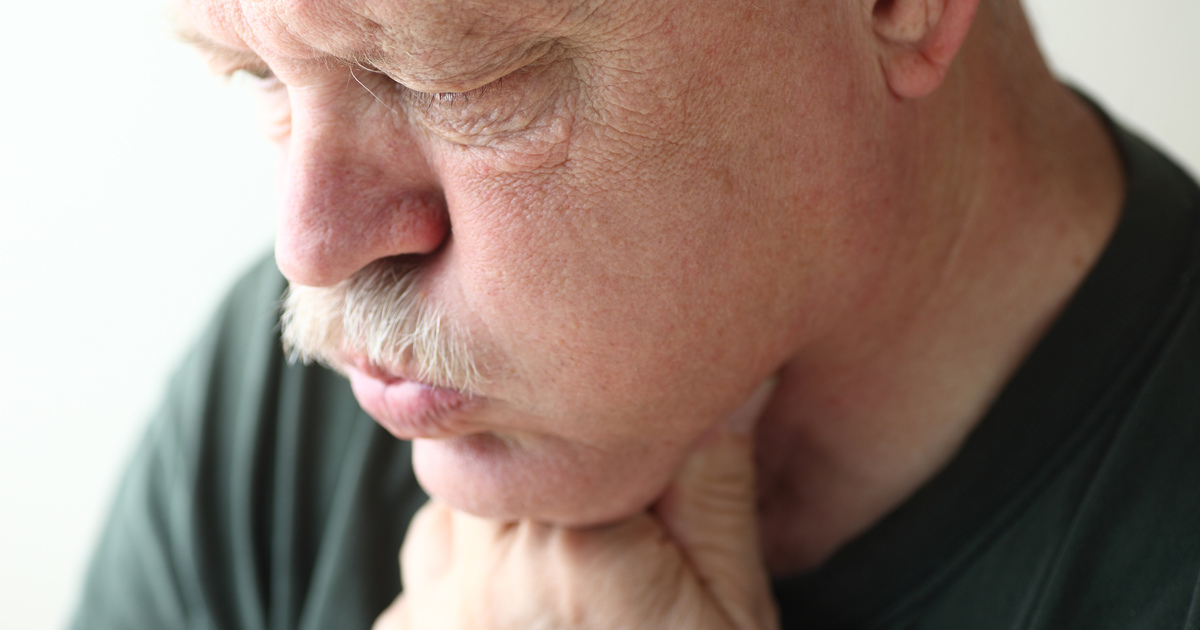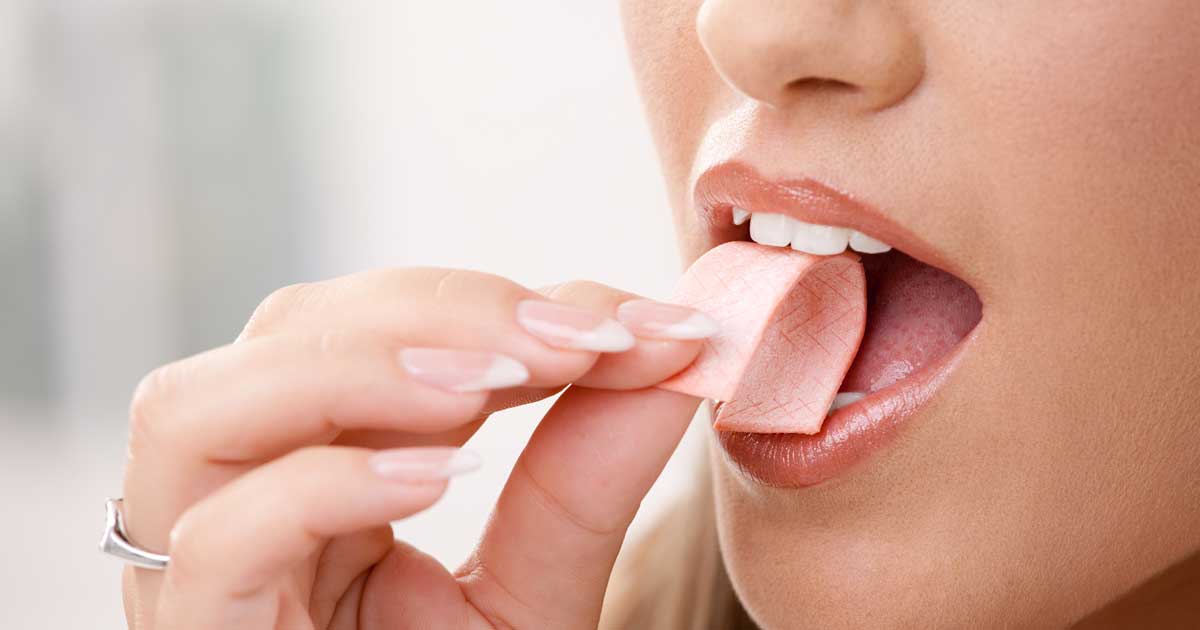What Causes Hiccups?
Just about everyone has had them and no one really likes them, but hiccups are a part of life. There are many different reasons individuals can get hiccups, including physical and emotional causes. What most people tend to forget, however, is the actual irritation that produces hiccups starts in the nerve connecting the diaphragm to the brain. Usually, hiccups are temporary. In some cases, though, they can stick around for weeks, months, or even years as a result of more serious nerve damage or another medical condition.
Eating Too Much

Eating too much is a leading cause of hiccups, and goes hand in hand with eating too quickly. If an individual's body is over-inundated with food at one time, it could cause the stomach to expand quickly and irritate the diaphragm. This could result in a spasm, which then allows air to be drawn into the lungs and creates the 'hiccup' sound everyone knows. Overeating is bad for health in a lot of ways, but many individuals who eat too much or too quickly suffer from hiccups on a regular basis. This is because the constant distention of the stomach interferes with or irritates the diaphragm, resulting in blocked air or excess air getting into the lungs.
Drinking Too Quickly

Again, this cause of hiccups is related to airflow and over-indulgence. Drinking too quickly, or drinking a lot of carbonated beverages, can displace the air in the lungs. It can also create a lot of excess air and gas in the stomach that needs to be released. Individuals who drink too quickly probably deal with a lot of burping and indigestion as well, because all of these things are connected. The gas buildup in the stomach, combined with the displacement of air in the lungs, creates a reaction we know as a hiccup. Generally, if an individual slows their breathing and drinks more purposefully, they can alleviate hiccups or avoid them entirely.
Nerve Damage Or Irritation

For some individuals, hiccups are more a result of nerve damage or irritation than physical factors like overeating or drinking carbonated beverages. There are many conditions and causes related to nerve damage, and since the nerves responsible for hiccups are located somewhere in the spinal column, it makes sense they could be affected by just about any of them. Individuals who have brain lesions, tumors, intestinal conditions, or who have had surgeries or taken certain medications may all have irritation or damage to nerves that result in both short- and long-term hiccups. There could also be a hair or some other foreign object touching the eardrum or a tumor or cyst in the neck that could lead to nerve damage.
Central Nervous System Disorders

Because breathing and hiccups are considered unconscious activities, they can be affected by many different central nervous system disorders. Many conditions affect the system responsible for unconscious activities, including stroke, tumors, traumatic brain injury, and multiple sclerosis. The central nervous system is a complex structure doctors and medical professionals still don’t completely understand. What they do understand, however, is many different conditions related to this system can result in chronic or ongoing issues with hiccups. Sometimes there may be a remedy or solution to be found, but this is not always the case.
Uncover another possible cause of hiccups now.
Emotional Stress Or Excitement

Because hiccups are largely related to breathing and nerves, it makes sense that they can be caused by emotional stress or excitement. When someone gets excited, their breathing patterns change. Their heart rate speeds up, and many don’t breathe properly because their body is overstimulated. This can result in the air displacement in the lungs, leading to hiccups. Emotional stress, anxiety, and similar conditions can have the same effect because they also affect the breathing patterns and regulated operation of the lungs and airways in the body. Individuals who have mental or emotional health issues may suffer from hiccups more frequently than others as a result.
Continue to reveal more common causes of hiccups now.
Gastroesophageal Reflux Disease

Gastroesophageal reflux disease is a form of chronic heartburn and acid reflux that can be caused by overly processed food or other poor dietary practices. Acid reflux is extremely common in the West and other developed regions of the world. In patients with this condition, stomach acid travels the wrong way into the esophagus. The displaced stomach acid then irritates the diaphragm, initiating hiccups. A number of treatment options are available for those affected by gastroesophageal reflux disease. Dietary adjustments, as well as medications called proton pump inhibitors, can help alleviate the symptoms. Also, quitting or limiting smoking and alcohol consumption has been shown to reduce gastroesophageal reflux disease and its associated symptoms like hiccups.
Learn more about the causes of hiccups now.
Abdominal Surgery

Although advancements in technology and techniques for abdominal surgery have these operations much easier for the patient in terms of recovery, there can still be lingering effects after such procedures. Any of the major abdominal organs, the liver, kidneys, or stomach, may require surgical intervention due to disease or injury. Because of the proximity of the diaphragm, the main mechanism involved in hiccupping, to the point of operation, hiccups are common side effects of this type of surgery. Anesthesia, necessary for some surgeries, can trigger hiccups as well after the patient wakes up. Hiccups as a result of abdominal surgery are normally short-lived. However, sometimes persistent hiccups, termed 'intractable' in medical jargon, can develop after an operation. If hiccups after a procedure do not stop, a doctor can help diagnose the problem and take any corrective action.
Read more about the causes of hiccups now.
Sudden Changes In Temperature

Sudden changes in temperature, for example, walking out of a heated building into a bitterly cold day, can trigger hiccups. The source of temperature shifts can either be outside or inside the body. Extremely warm or cold food items introduced to the digestive system can cause contractions in the diaphragm, inducing hiccupping. Some individuals are more sensitive to sudden changes in temperature than others. The medical community is still unsure of the exact biological mechanisms involved in hiccups caused by temperature changes. For individuals especially sensitive to temperature shifts, it is best to plan accordingly to avoid hiccups.
Get more details regarding potential causes of hiccups now.
Swallowing Air

What goes into the body must come out in one form or another. Recent scientific research hypothesizes that hiccups can be caused by a bodily reflex to air trapped in the stomach, which helps a breastfeeding infant make room for a meal. For adults, researchers theorize swallowing air initiates the same kind of action as a 'leftover' mechanism from infanthood. In any case, swallowed air must be eliminated from the body somehow. Swallowed air is typically eliminated as gas from the anus or as a belch, but when the system is overloaded with swallowed air then hiccups can function as a mechanism of release. One common way individuals often swallow air is through chewing gum. Others include gulping, drinking carbonated beverages, and more.
